- Home
- international
- news
- Top 11 tips from Business Insider's Money Council for creating a financial plan to reach your goals
Top 11 tips from Business Insider's Money Council for creating a financial plan to reach your goals
Tanza Loudenback,Julia Hood

- The second part of Business Insider's Master Your Money series is called Plan, and it focuses on every aspect of creating a financial road map that will help millennials achieve their goals.
- The Money Council, comprising financial experts from a variety of organizations and backgrounds, convened for a deep discussion about the finer points of creating a solid plan.
- This feature offers the top 11 tips for millennials from the Money Council forum.
Go cash only — literally — to see where your money is going.
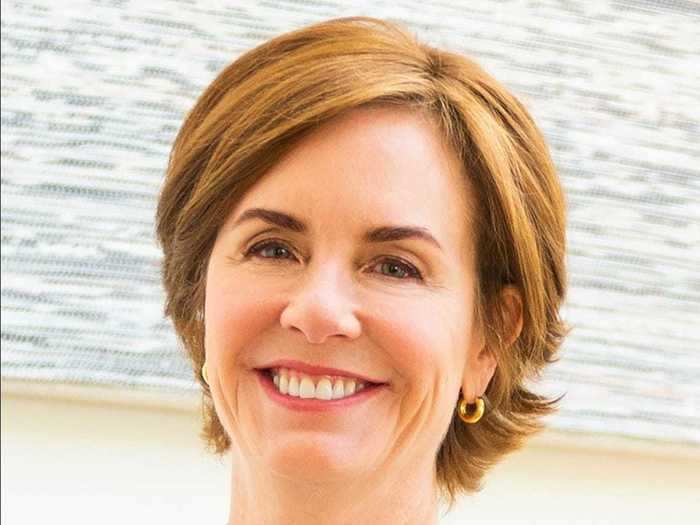
Tracking spending on a spreadsheet, using a debit card, online shopping — all convenient. But all abstract ways to think about money going out.
To really internalize where your money is going, try using nothing but cash.
"I always suggest try a cash diet, where maybe you take a week or a couple of weeks where you don't use a credit card and start using cash only," says Carrie Schwab-Pomerantz, board chair and president of the Charles Schwab Foundation.
"That way we're just a little bit more mindful about how we spend," she adds. "I know we use credit cards for everything today, but this way it makes us really be more thoughtful."
Balance goals for the short term and the long term.
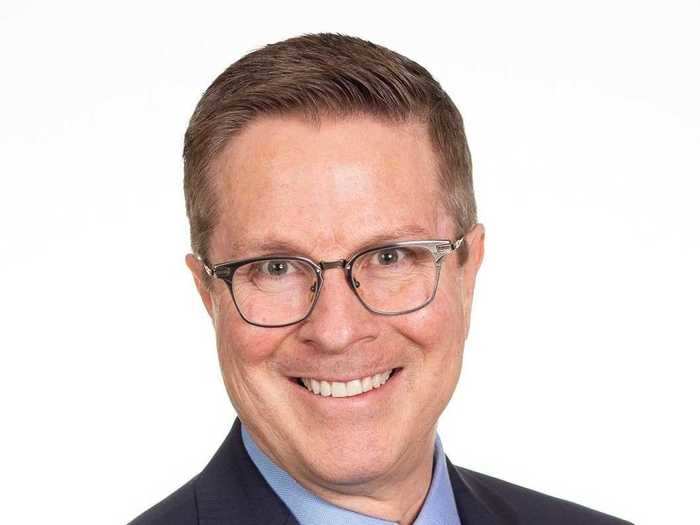
It's natural for millennials to think more about vacation than retirement. A financial plan will work for both those things, and it's important to get them in balance.
Chuck Cavanaugh, head of wealth planning for Citi Personal Wealth Management, says that millennials often "focus on experiences, which is great, but they tend to be expensive. So thinking a little bit more long term, going out years and not months, is important."
One simple way to tend to long-term goals is to maximize 401(k) contributions, especially where there is an employer match.
Before you make a plan, think about what you want your future to be.

When his clients are pondering a financial plan, Eric Roberge, CFP, and founder of Beyond Your Hammock, starts the conversation with a no-limitations brainstorm.
"We talk about what they wanted to achieve in the next one, five, 10, 20 years down the road. And I tell them specifically: 'Don't restrict yourself based on what you think you can afford. Don't restrict yourself based on what time restrictions you might have.'
"This isn't about priorities right now — it's just about getting out of your head when you're thinking about your life."
Roberge says that this conversation is particularly helpful with couples, who don't always talk together about what they want to accomplish over the long term.
Get real about what money is coming in and what money is going out.
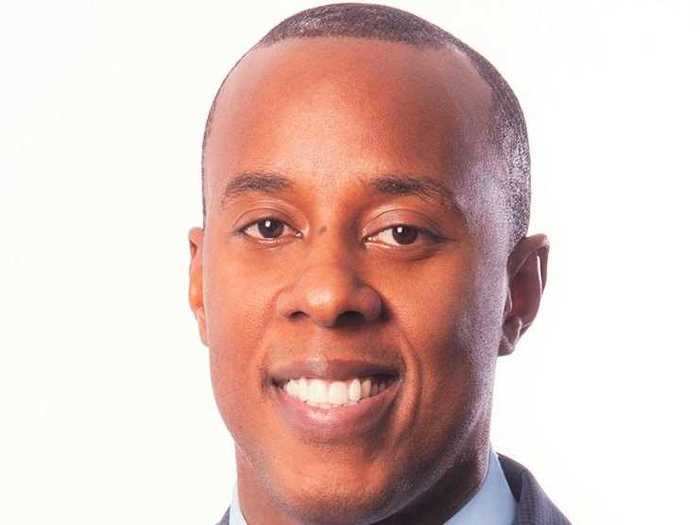
A lot of people know how much money they're bringing home but aren't as clear about what they're spending.
Joseph Edmondson, CFP, and a financial professional at Equitable Advisors, says he asks new clients about their net salaries first. "Then I say, 'What do you think you're spending monthly?'
"I find a lot of times is that there's usually a gap between what individuals think they're spending and what the actual number might look like."
Edmondson says that clarity comes from assigning actual dollars to the goals.
"In a lot of cases, that's because there is not a real goal around money," he says. "So I try to help people to change that thought process. Pay yourself first, understand what your expenses are, track those expenses, and put yourself in a position to have success over both the short term and the long term."
Budgets aren't punishment, so don't make them too rigid.
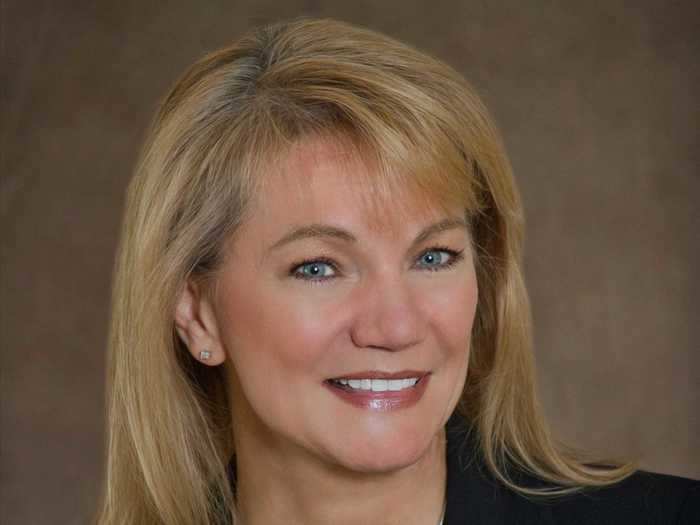
Budgets, like diets, should work with your life, not deprive you of pleasure and spontaneity.
"As long as you have a general idea, it doesn't need to be as intimidating as something that you write out and track to, to the penny," Kathy Cummings, senior vice president of homeownership solutions at Bank of America, says.
"It can be a little bit more fluid than that, because no two months are alike," she says. "If people try to stick to a very rigid budget category and they go off track one month, that's more discouraging.
"It's OK to be a little bit more fluid with how you do your spending and how you do your tracking."
Don't let your parents' relationship with money define yours.

Parents teach us a lot — through instruction and example.
Katie Oelker, a financial coach and writer, works with clients not only on their plan but also on the behaviors that underscore their relationship with money.
"What I've seen is just like getting so caught up in what their friends are doing, or a lot of their spending behaviors being influenced by how their parents spend money," Oelker says.
"Maybe their parents were really tight with money and never let them splurge. Instead of also doing that and saving more money, they're moving all their money on just random purchases."
Many millennials also watched their parents struggle during the Great Recession, and that influenced them to be ultraconservative with their cash.
Oelker says it's important for people to understand not just how they're spending their money but why.
"We can talk about budgeting and setting up spending and saving targets, and how to invest, and being conservative versus not. But there's the behavioral piece, too, that's really interesting. It's affecting millennials more than any other generation right now."
Support causes you care about by putting them in your plan.
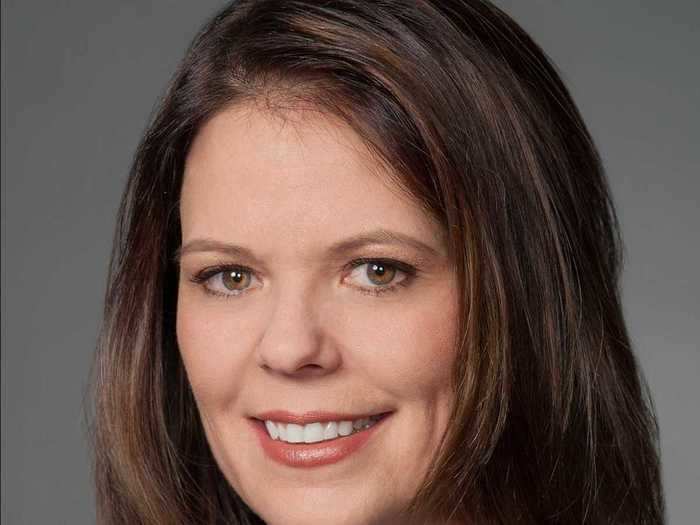
Millennials generously donate to causes they support, but in the past they haven't always factored those commitments into their plans.
Kristen Robinson, senior vice president of service and marketing at Fidelity Charitable, says millennials now are getting more strategic.
"They really want to be more strategic, whether it's where they spend their time and their passions or where they put their money with regard to charitable giving," Robinson says.
"We have had many conversations about being more strategic versus opportunistic."
Robinson says that "plan-full" giving helps ensure consistent support for what you really care about. By factoring giving into your financial plan, you create an ongoing record of commitment to specific causes. That way you are making mindful decisions about where to focus your support.
There's no such thing as a one-size-fits-all plan.
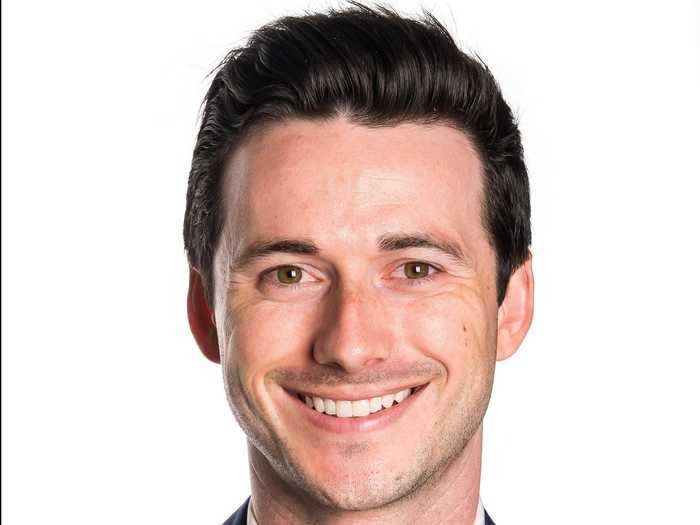
People like to give millennials advice. One common refrain is, "When you're young, you should invest aggressively."
While there's a certain wisdom to that sentiment, it's not a given for everyone, according to Nick Holeman, CFP and head of financial planning at Betterment.
For example, if you're a millennial who has just finished school, he says, "You should be building up an emergency fund. That's one of your highest-priority goals."
Holeman adds that a lot of millennials are saving for short- to midterm goals, like a wedding, a new car, or a home. "All of those, because of their shorter time horizon, should also not be invested aggressively."
Many millennials have credit-card debt or student loans and need to focus on paying those down.
Perhaps most important, it's crucial for millennials to educate themselves about how investing works and learn about their own appetite for risk.
"It's nice to start with some training wheels," he says. "Maybe start with a lower allocation, get comfortable with it, get used to the ups and downs, and then work your risk tolerance up over time."
Couples should have honest conversations about debt and credit ratings.

Rod Griffin has a piece of relationship advice he likes to share.
"The first thing you should ask somebody when you meet them is 'What's your score?' — as opposed to 'What's your sign?'"
Griffin, Experian's senior director of consumer education and advocacy, says it's important to remember the far-reaching implications of entering into joint financial arrangements.
"When you merge accounts from a credit perspective, and take on joint accounts — married or not — you've entered into a long-term legal contract."
"You need to understand your partner's money style, and particularly the way they manage debt," he adds. "If you don't have credit, or you both don't have good credit, you need to understand what you're going to do to improve that situation and work together."
Romance turning serious? Time to rework the plan.
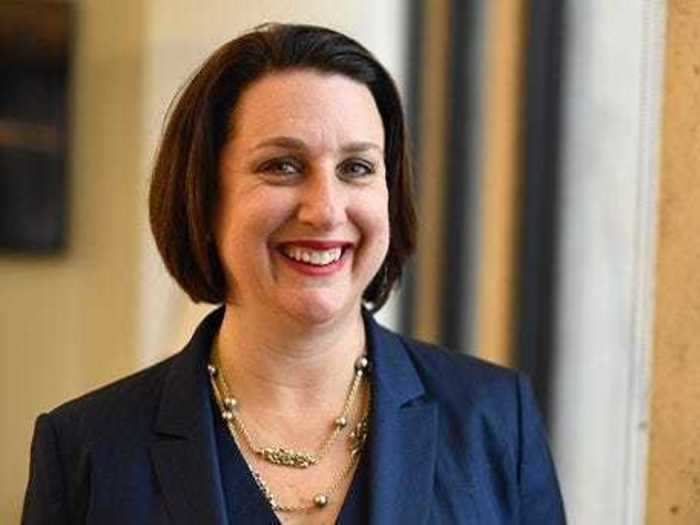
Financial plans are not romantic, but mindfulness to setting goals and guardrails as a couple may help ensure the relationship's longevity.
Money talk shouldn't start with budgets and spreadsheets, says Sandi Bragar, CFP, partner and managing director in planning, strategy, and research at Aspiriant.
"When it comes to couples who are entering long-term relationships, whether they're married or not, we encourage them to really go deep and talk about their money stories," Bragar says. "That exchange helps really identify for the couple how their lives have been, and how their relationships with money might be similar, or what the differences might be."
Once they understand where their partner is coming from, couples can then move on to deciding rules of money engagement across the board.
- Bank accounts and bill paying — separate or combined?
- Will resources and expenses be shared, bucketed, or kept separate?
- Joint emergency fund — yes or no?
Bragar says these conversations are about "allowing couples to think about things that could happen during the course of a long-term relationship and try to prepare themselves."
It's OK to reward yourself a little.

Creating and sticking to a financial plan can seem like "eat your vegetables" stuff, even though the goal will benefit you in the long term.
It's OK to reward yourself along the way, to help alleviate the sense that it's this is kind of punishment, even if what you're doing is paying off credit-card debt.
"It's OK to tell people, 'Of all of the money that you saved, use most of it to pay down your credit-card debt, but keep a piece to reward yourself, to do something fun that you enjoy with that money," Scott Pedvis, a financial advisor with Wells Fargo Advisors, says.
"Because you need goals — but you need to be rewarded for achieving those goals," he says.
Small rewards along the way make it more likely you'll stick with the plan. Starvation diets don't work for food, or money.
READ MORE ARTICLES ON
Popular Right Now
Popular Keywords
Advertisement